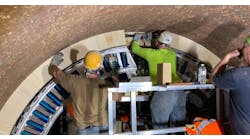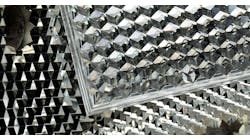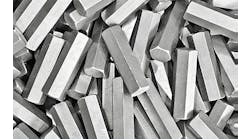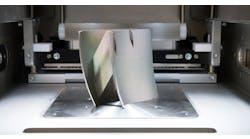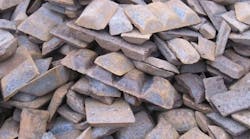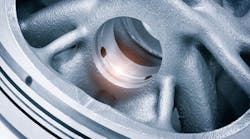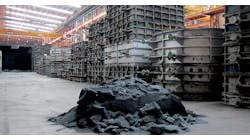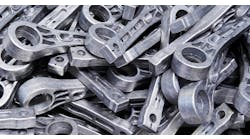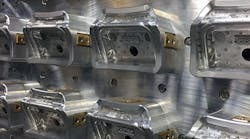A Canadian group is establishing a new operation in eastern Tennessee to manufacture molds and castings for automotive manufacturing, in particular for molding foam materials for automotive seating. Tennessee Tool and Fixture is investing a reported $6.5 million to renovate an existing plant site at Manchester, TN, where it will employ about 60 workers.
The news was announced by the Tennessee Department of Economic and Community Development.
No start-up date has been indicated for the venture, but the Tennessee Tool and Fixture webpage announces it will produce molds for forming expanded polystyrene (EPS) and expanded polypropylene (EPP) materials, plus molds for flexible urethane products, blow molds, and headliner tooling. The scope of its production capabilities is not yet detailed.
“Tennessee Tool and Fixture is proud to make Manchester, Tennessee, in Coffee County our new home,” stated company president and owner Sue Beamish said. “We look forward to building a strong employee team and continuing the development of our customer relationships throughout the southeastern U.S.”
Beamish is also the president of Toronto Mold & Fixture and until last fall was president of Aluminum Mold & Pattern Ltd.
Toronto Mold & Fixture produces molds for forming expanded polystyrene (EPS) and expanded polypropylene (EPP), blow molds, vacuum form molds, compression molds, flexible urethane molds, and rotational molds. It also performs part validation and production machining, and produces prototype parts and tooling.
Aluminum Mold & Pattern is an integrated aluminum foundry and mold and pattern machining operation, in Toronto. It also has an operation in Saltillo, Mexico.

